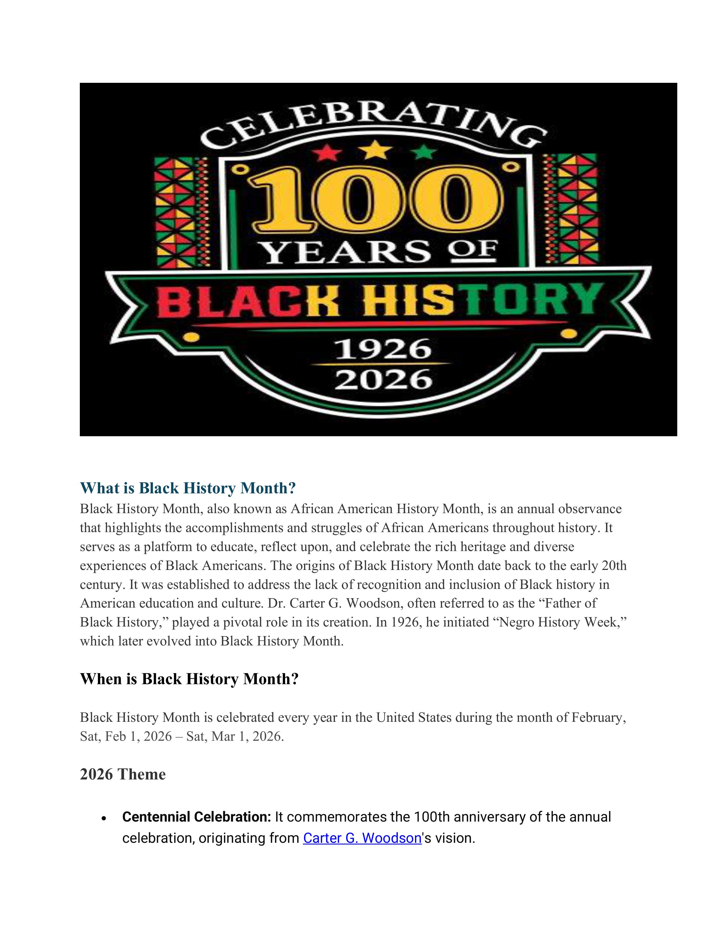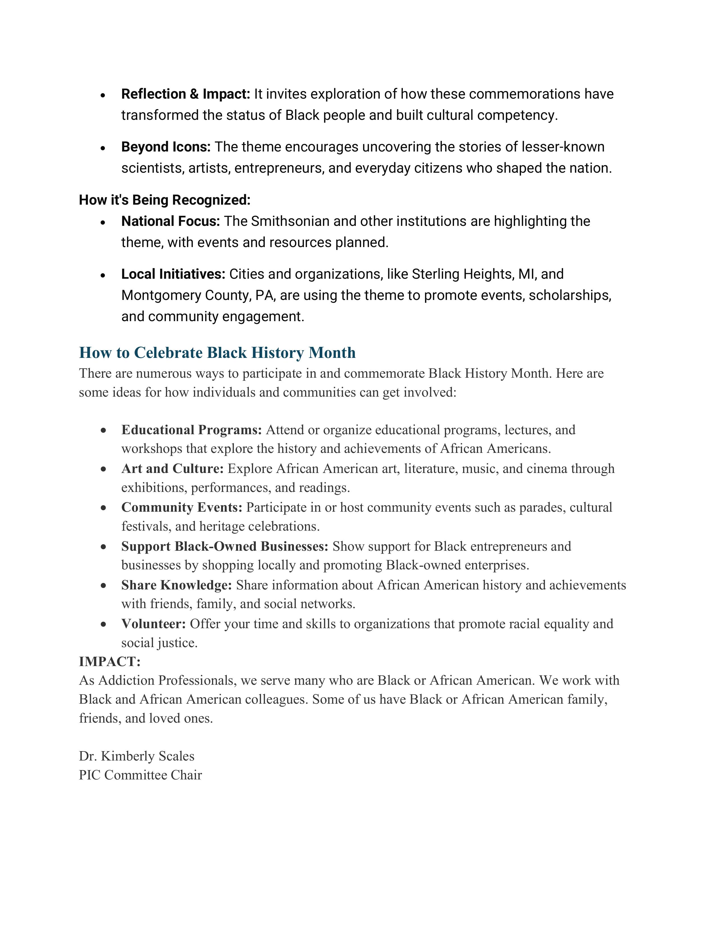The Texas Association of Addiction Professionals firmly upholds values that support of our unique members and the clients they serve. TAAP will establish and sustain policies that promote understanding of the intersection of social, political, economic, and environmental practices and race, ethnicity, gender identity and expression, sexual orientation, disability, and religion. All members are encouraged to strive for competence in understanding how these factors affect them professionally.
It is our goal to promote knowledge, awareness, and competence, not only within our organization, but throughout the state of Texas. TAAP will establish initiatives that increase the sensitivity and competence, as well as the professionalism, of our leaders and members, and build as well as sustain relationships with other professional organizations.
What is Professional Impact?
Professional Impact is anything ( race, gender, religion, sexual orientation, ethnicity, nationality, socioeconomic status, language, (dis)ability, age, religious commitment, or political perspective) that may impact your ability to work in a professional and conducive environment. Professional Impact Committee promotes justice, impartiality and fairness within the procedures, processes, and distribution of resources by institutions or systems. We want every TAAP member to feel and/or know they are welcomed. Inclusion outcomes are met when you, your institution, and your program are truly inviting to all and individuals are able to participate fully in the decision-making processes and development opportunities within an organization or group.
All Addiction Professionals Must Rise to Meet This Challenge
As a professional association we seek to make meaningful connection regardless of how someone may differ from us?


